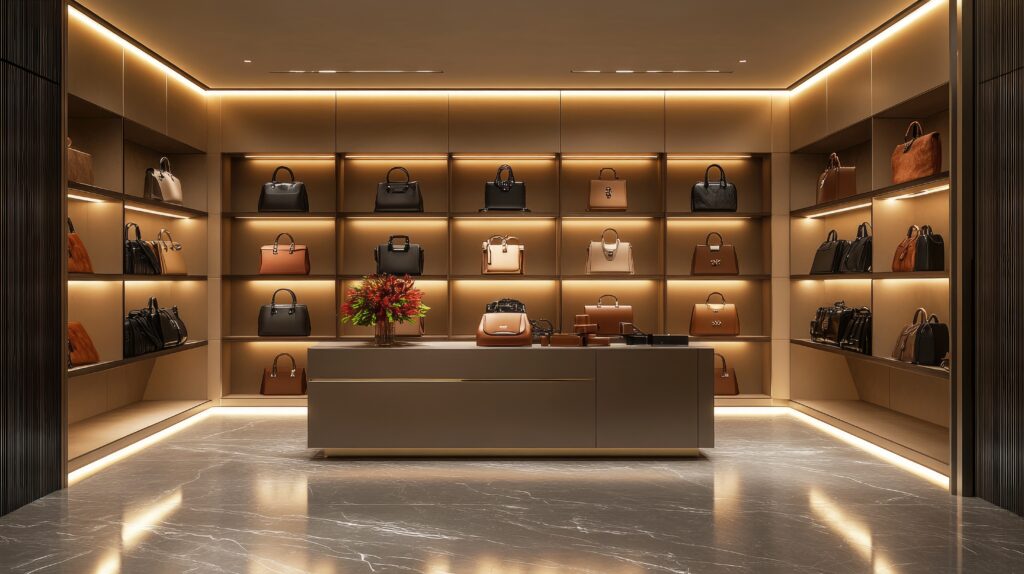Nearshore News: EU Tariff Delay, U.S. Manufacturing Bill, and Pressure on Europe’s Luxury Sector

With tensions high but the possibility of a deal still alive, the U.S. has delayed its proposed 50% tariffs on EU imports until July 9, offering negotiators a narrow window to find common ground. Meanwhile, a bipartisan bill in Congress signals growing momentum to reshore critical manufacturing to the U.S., particularly in underserved regions. At the same time, Trump’s trade threats are putting pressure on Europe’s luxury manufacturing sector, challenging the long-held prestige of “Made in Europe” branding and raising deeper questions about identity, value, and resilience in global supply chains.
Nearshore News Summary:
- President Trump has postponed the implementation of 50% tariffs on European Union imports until July 9, giving negotiators a brief window to reach a deal (WSJ)
- A new bipartisan bill aims to onshore the production of critical goods back to the U.S. (Fox News)
- Proposed tariffs are challenging the “Made in Europe” branding that has long defined the luxury goods industry (WSJ)
Trump Pushes Back Deadline on EU Tariffs to July 9
Published: May 26, 2025
Source: WSJ
President Trump has postponed the implementation of 50% tariffs on European Union imports until July 9, following a request from European Commission President Ursula von der Leyen. The delay offers a short window for negotiators to reach a deal after tensions escalated with Trump’s surprise tariff threat on Friday.
Key points:
- Tariff Deadline Extended: Trump delayed the 50% tariffs on EU imports—from the original June 1 start—to July 9, following a phone call from EC President von der Leyen.
- Surprise Announcement Sparked Uncertainty: The sudden tariff threat on Friday caught EU officials off guard, disrupting progress in trade talks that had been ongoing since April.
- Longstanding Trade Tensions: Trump reiterated grievances with EU policies, including value-added taxes, fines, and regulations on U.S. companies, as well as the trade deficit.
- Disagreements on Key Issues Persist: The EU has resisted negotiating on value-added taxes and opposes keeping Trump’s baseline 10% tariffs—terms that the U.K. recently accepted in a separate deal.
- Talks to Resume Before July Deadline: Von der Leyen confirmed the EU’s willingness to move “swiftly and decisively” toward a deal, using the extra time to try to reach an agreement with the U.S.
Bipartisan effort launched to onshore manufacturing of key supplies never before 'Made in USA'
Published: May 23, 2025
Source: Fox News
A new bipartisan bill, the Critical Infrastructure Manufacturing Feasibility Act, aims to bring the production of critical goods—many of which have never been made in the U.S.—back onshore. Spearheaded by Senators Joni Ernst (R-IA) and Lisa Blunt Rochester (D-DE), the legislation directs the Commerce Department to identify key supply chain gaps and explore the feasibility of domestic manufacturing, especially in rural and underserved areas.
Key points:
- Bipartisan Push to Onshore Manufacturing: Senators Ernst and Blunt Rochester introduced legislation calling for a federal report on critical infrastructure products not currently made in the U.S.
- Focus on Supply Chain Security: The bill aims to reduce America’s reliance on foreign imports, particularly from adversarial nations, by identifying viable onshoring opportunities.
- 18-Month Review Timeline: The Commerce Secretary must evaluate supply chain vulnerabilities and assess the feasibility of U.S. production within 18 months.
- Rural and Underserved Areas Prioritized: The legislation encourages locating new manufacturing hubs in rural regions and industrial parks to stimulate local economies.
- National Security and Job Creation: Lawmakers stress that onshoring would not only enhance national resilience but also support American jobs and reduce exposure to global disruptions.
Tariffs Are Challenging the Cachet of Luxury Goods From Europe
Published: May 26, 2025
Source: WSJ
As President Trump threatens 50% tariffs on European imports, the spotlight turns to towns like Ubrique, Spain, a historic hub of luxury leather craftsmanship. The tariffs challenge the value of "Made in Europe" branding that underpins the luxury industry, raising doubts about whether American production can carry the same cachet. For Ubrique, where leatherwork is both tradition and lifeline, the stakes are high.
Key points:
- Tariffs Threaten Luxury’s European Identity: Trump’s proposed 50% tariffs on EU goods are shaking the foundation of luxury brands that rely on their European heritage as a core selling point.
- Ubrique’s Central Role in the Supply Chain: This Spanish town, home to Chanel and Louis Vuitton suppliers, exemplifies the artisanal ecosystems built over decades—difficult to replicate elsewhere.
- Challenges of Shifting to U.S. Production: Efforts like Louis Vuitton’s Texas factory show how hard it is to scale craftsmanship stateside due to labor shortages and skill gaps.
- Perception and Prestige at Risk: Industry leaders warn that luxury goods made outside Europe—like Gucci bags made in Texas—could lose their appeal and perceived value.
- Local Economic Anxiety Builds: Although the tariffs haven’t hit yet, slower orders and uncertainty are already impacting Ubrique, with residents stressing the need to compete on quality, not price.
More blogs


